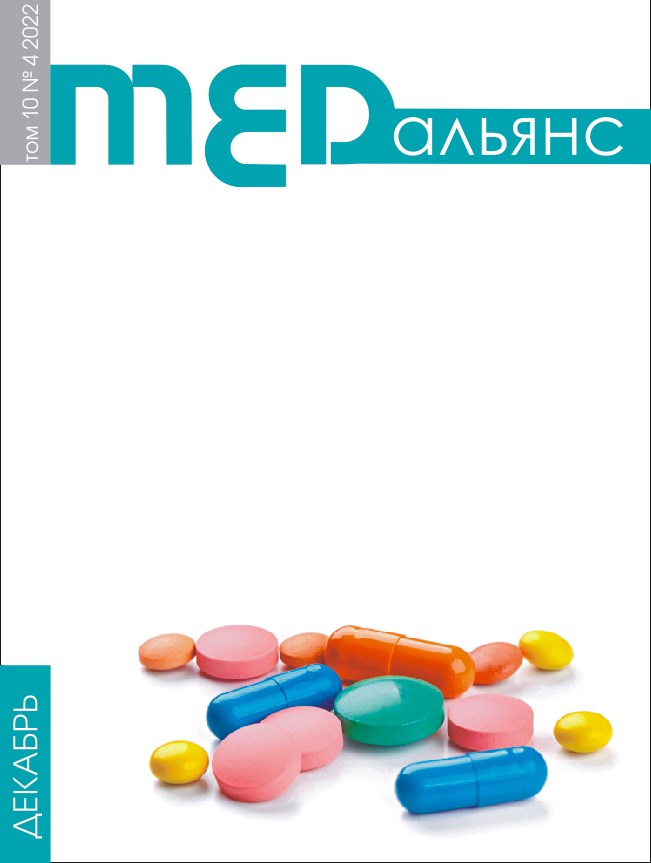Abstract
Introduction. A decrease in the possibilities of compensatory and adaptive mechanisms in patients of older age groups operated for lung cancer causes an increased risk of perioperative complications. The purpose of the study. To identify patterns of reactions of the cardiovascular, respiratory systems and metabolism in elderly and senile patients with lung cancer and to calculate mathematical models based on this to assess the likelihood of risks of perioperative complications. The purpose of the
study. To identify patterns of reactions of the cardiovascular, respiratory systems and metabolism in elderly and senile patients with lung cancer and to calculate mathematical models based on this to assess the likelihood of risks of perioperative complications. Materials and methods: The study included 100 patients aged 60–89 years
who underwent elective surgical treatment for primary non-small cell lung cancer. To assess the functional capabilities of the body, cardiopulmonary exercise testing was performed in the preoperative period for all patients included in the study. Results and discussion. In patients
of older age groups with lung cancer, during standardized
exercise testing in the preoperative period, signs of activity of compensatory and adaptive mechanisms were revealed. They were differentiated depending on the period (intraoperative and postoperative) and the type of complications occurring (cardiovascular, respiratory, surgical). These changes made it possible to develop prognostic models for assessing the risk of perioperative
complications in patients aged 60–89 years who underwent
elective surgery for lung cancer. Conclusion. The characteristic features of the activity of cardiovascular,
and respiratory systems, as well as metabolic parameters
recorded during cardiopulmonary exercise testing allowed us to identify several types of patterns of activity of compensatory and adaptive mechanisms associated with the development of complications, associated with elective surgery, in patients 60–89 years of age with lung cancer. On this basis, mathematical models were calculated to assess the probability of risks of perioperative complications, which make it possible to improve the quality of prognosis and stratify these risks by period (intraoperative and postoperative) and their type (cardiovascular, respiratory, surgical).

